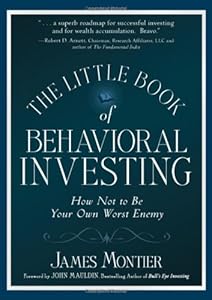The SEBI and the RBI are almost done with finalizing the regulation around REITs. Here’s a quick primer of what’s in store.
What are REITs?
REIT stands for Real Estate Investment Trusts. It is a company that mainly owns, and in most cases, operates income-producing real estate such as apartments, shopping centers, offices, hotels and warehouses. The shares of REITs can be listed on a stock exchange and can be traded just like any other stock or ETF.
How are REITs structured in India
Size
The size of the assets under the REIT shall not be less than Rs. 1000 crore which is expected to ensure that initially only large assets and established players enter the market.
Public participation
Minimum IPO size should be Rs. 250 crore and minimum public float should be 25%. Initially, till the market develops, the units of the REITs may be offered only to HNIs/institutions and therefore, the minimum subscription size shall be Rs. 2 lakhs and the unit size shall be Rs. 1 lakh.
Regulatory requirements
The REIT can only invest in assets based in India.
The manager needs to have at least 5 years of related experience coupled with other requirements such as minimum networth, manpower with sufficient relevant experience, etc.
The sponsor of the REIT will have to maintain a certain percentage holding in the REIT to ensure a “skin-in-the-game” at all times.
90% of the value of the REIT assets shall be in completed revenue generating properties.
90% of the net distributable income after tax of the REIT should be distributed to the investors.
The REIT cannot invest in vacant land or agricultural land or mortgages. But can hold mortgage backed securities.
The aggregate consolidated borrowings and deferred payments of the REIT have been capped at 50% of the value of the REIT assets.
The NAV should be declared at least twice a year.
You can read the full set of regulations on the SEBI website (pdf).
Who is likely to benefit?
Real estate developers might see a benefit in terms of reduced funding costs in the short-term. Mall-operators might choose to offload some of their properties into the new structure.
There might be a brief period of disruption as pricing information becomes public and developers lose their ability to exploit information asymmetry. The rent-vs-own argument gets new data points as well.
For the long-term, this gives investors the ability to gain liquid exposure to an otherwise illiquid asset class. Instead of trying to develop a multi-tenant apartment block yourself, you can just go buy a REIT for a lot less headache.
Watch for companies like Brigade and DLF to move their serviced apartments and malls into the new structure. And maybe push some unsold inventory as well. [stockquote]DLF[/stockquote] [stockquote]BRIGADE[/stockquote]
Related articles























